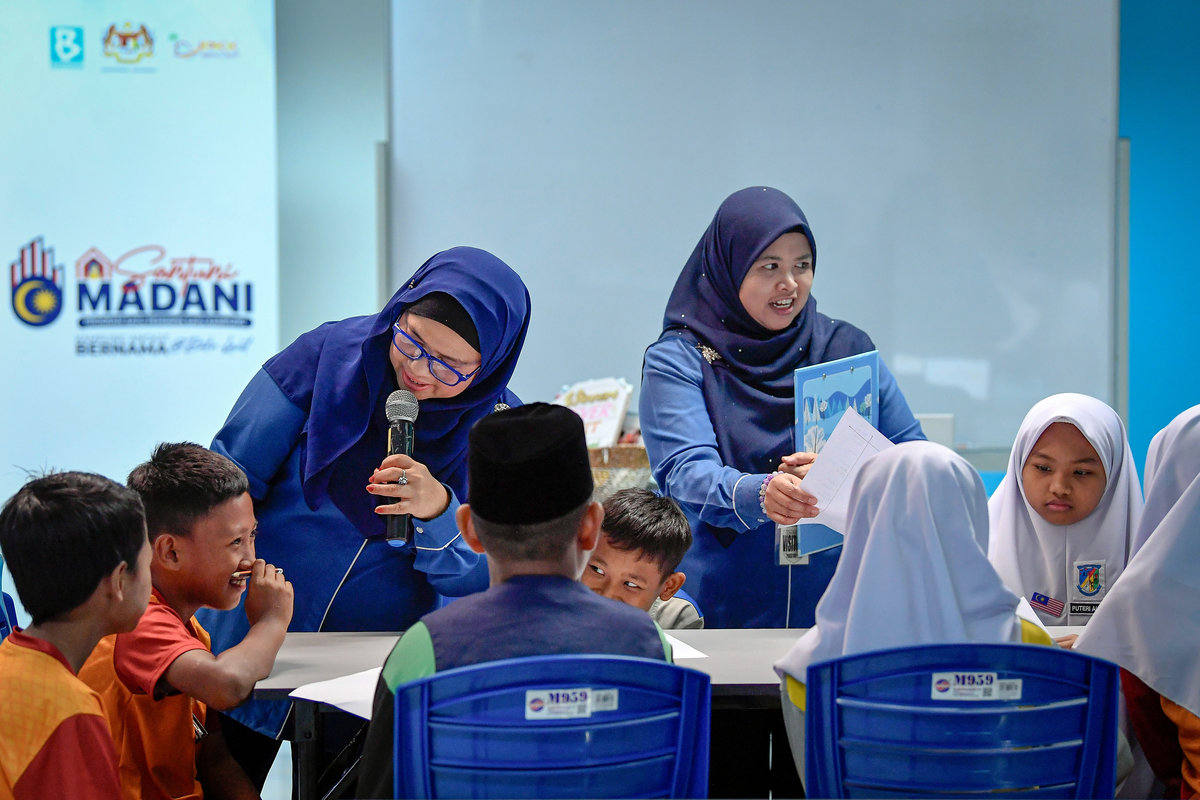PETALING JAYA: The government will allocate RM67 billion towards the education sector for the construction of new schools, upgrading of dilapidated schools (including Kemas), and improving facilities in public higher education institutions.
Tabling the 13th Malaysia Plan (MP13) in Dewan Rakyat today, Prime Minister Datuk Seri Anwar Ibrahim said the government aims to achieve a 98% preschool and secondary school enrolment rate, make preschool compulsory from age five, and retain the SPM examination as the key national benchmark.
“As of 2025, the government has upgraded 1,200 dilapidated schools nationwide. School construction will also be a mandatory requirement for large-scale housing projects, while vertical schools will be built to address overcrowding and land constraints,” he said.
The initiatives are part of efforts to build a Madani-based social system that unites Malaysians of all races, religions and cultures.
Programmes such as Kembara Perpaduan Malaysia and the Malaysia Harmony Charter will promote interfaith and interracial harmony, while the National Service training programme will be reintroduced with updates to meet current needs.
Anwar said education reforms will focus on enhancing STEM and digital literacy, including basic AI, strengthening English and other language teaching, and reviewing school hours, specialised schools, and models for gifted students.
He said preschool to secondary education will be placed under the Education Ministry, while pre-university and higher education will be coordinated by the Higher Education Ministry to improve policy clarity and efficiency.
A National Education Council will also be established to coordinate, monitor and implement interventions to ensure Malaysia’s education system remains world-class.
“Selected public universities will be given greater autonomy, while teacher recruitment and training will be strengthened to ensure a highly competent workforce,” Anwar said, adding that continuous upskilling programmes will be introduced to enhance teacher professionalism.
He added that the internationalisation of public universities will be enhanced to improve global competitiveness, while Malaysia will continue to play an active global role by leading ASEAN, strengthening ties with BRICS and Global South nations, and advocating for fairer global financial systems, trade justice, climate action and technology transfer.









